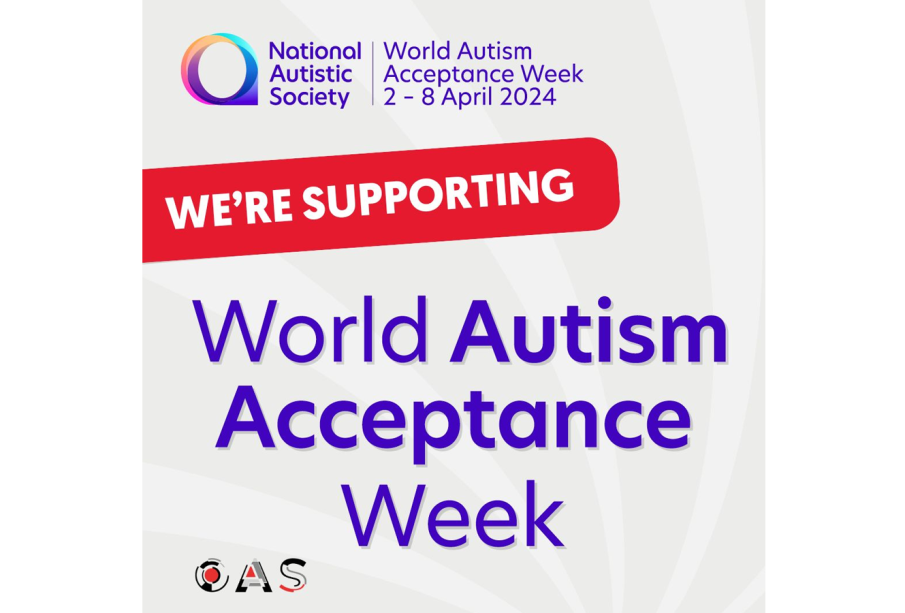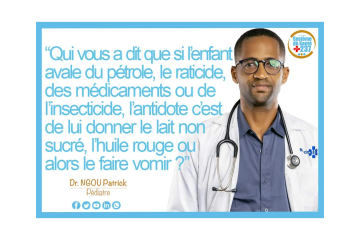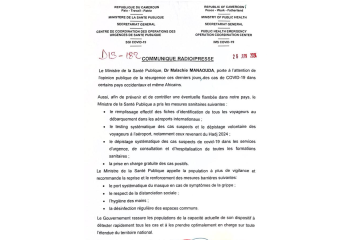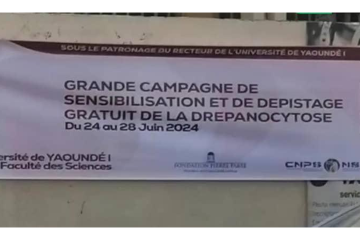WORLD AUTISM AWARENESS WEEK : WHAT IS AUTISM?

April 2nd is known globally as “World Autism Day”. On Monday 02nd April 2024, a conference for the sensibilisation of Autism was held under coalition of three NGOs known as Overcome, La Maison Bleue de Julien and Belle Réalité with other partners, all brought up a wonderful opportunity for people to get better understanding of the illness and how to manage it. The three NGOs had the conference as part of their project called “Autism Coalition Engagers” for short project ACE.
To define what Autism is, it is a complex developmental disorder that affects how a person perceives and interacts with the world around them. It is referred to as a spectrum disorder because the symptoms and characteristics of autism can vary widely from person to person. Some individuals with autism may have exceptional abilities in certain areas, while others may experience significant challenges in everyday functioning.
It is a lifelong condition that affects individuals from early childhood and continues throughout their lives.
According to one of the organizers of the conference who’s a mother to a nineteen year old Autistic child, she mentioned that “Autism must not necessarily be from birth”.
According to a medical doctor specialized in people with special needs , Mr Harrison gave some of the signs and symptoms of Autism which are ; Social Interaction Challenges like, difficulty making eye contact and maintaining it during conversations, limited or unusual facial expressions and gestures, difficulty understanding and responding to social cues, such as tone of voice and body language, difficulty forming and maintaining friendships. Another symptom of Autism will be communication difficulties, for example; delayed speech development or absence of speech, repeating words or phrases (echolalia) without understanding their meaning, difficulty initiating or sustaining conversations, literal interpretation of language, difficulty understanding sarcasm or metaphors, preference for communicating through nonverbal means, such as gestures or written communication. Another sign and symptom is repetitive behaviors and restricted interests such as; engaging in repetitive movements, like hand-flapping, rocking, or spinning, obsessive interests in specific topics or objects, rigidity and resistance to change in routines or rituals, unusual sensory responses, such as being overly sensitive or under-responsive to certain sounds, textures, or smells. Another sign will be sensory sensitivities like eightened or decreased sensitivity to sensory stimuli, such as light, sound, touch, taste, or smell, overwhelm or distress in environments with loud noises, bright lights, or crowded spaces, preference for specific sensory experiences, such as seeking deep pressure or certain textures.
According to research, diagnosing autism involves comprehensive assessments by medical professionals, including developmental pediatricians, psychologists, or psychiatrists. The evaluation typically involves observing the individual’s behavior, interviewing caregivers, and using standardized assessment tools. While there is no cure for autism, early intervention and appropriate support can greatly improve an individual’s quality of life. Treatment approaches may include:Behavioral and Communication Therapies(Applied Behavior Analysis (ABA), Speech therapy, Occupational therapy),Educational Support( Special education services tailored to the individual’s needs,Individualized Education Programs (IEPs) to address academic and social goals, Medication( Medication may be prescribed to manage specific symptoms associated with autism, such as anxiety, depression, or hyperactivity).
During the conference, there was a conference-debate on education of children with Autism. Within the discussion, it was learned that Autistic children should not be treated otherwise and they are full kids as others. Amongst one of the panel members, is a Human Rights Officer, Madame Same and she spoke on the rights of an Autistic child which not different from the normal rights of a child. In her speech, she made it clear that “ Autistic children might bring tension in some African homes, others might have useless beliefs, but the children should be treated like any other kid as they are also gifts to the parents”.
Another panelist who is a scholar on Autism mentioned that “ in a day about 3000 Autistic kids are born and in a year, around 10,000 Autistic kids are born”, he also mentioned that “ Autistic kids communicate verbally and non-verbally as well but they do more of non-verbal communication”.
Autism is a complex neuro-developmental disorder that affects individuals differently. Its signs and symptoms can manifest in various ways, impacting social interaction, communication, and behavior. Early diagnosis and appropriate interventions play a crucial role in improving the lives of individuals with autism, enabling them to reach their fullest potential and thrive in their unique way.
This conference served as a forum to discuss and share knowledge on Autism. The word was spread so people be alert on Autism. According to research, many people are not aware of what Autism is and many others don’t detect the signs and symptoms and ignore them making things worst for the kid. Parents and the public as a whole should be concerned on what exposure their kids can have and also try to learn more on Autism and other illnesses that could harm their kids. Parents with autistic children should learn on how to care better for their autistic kids.
Delia Nyadi











